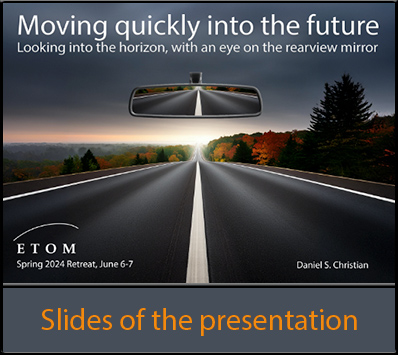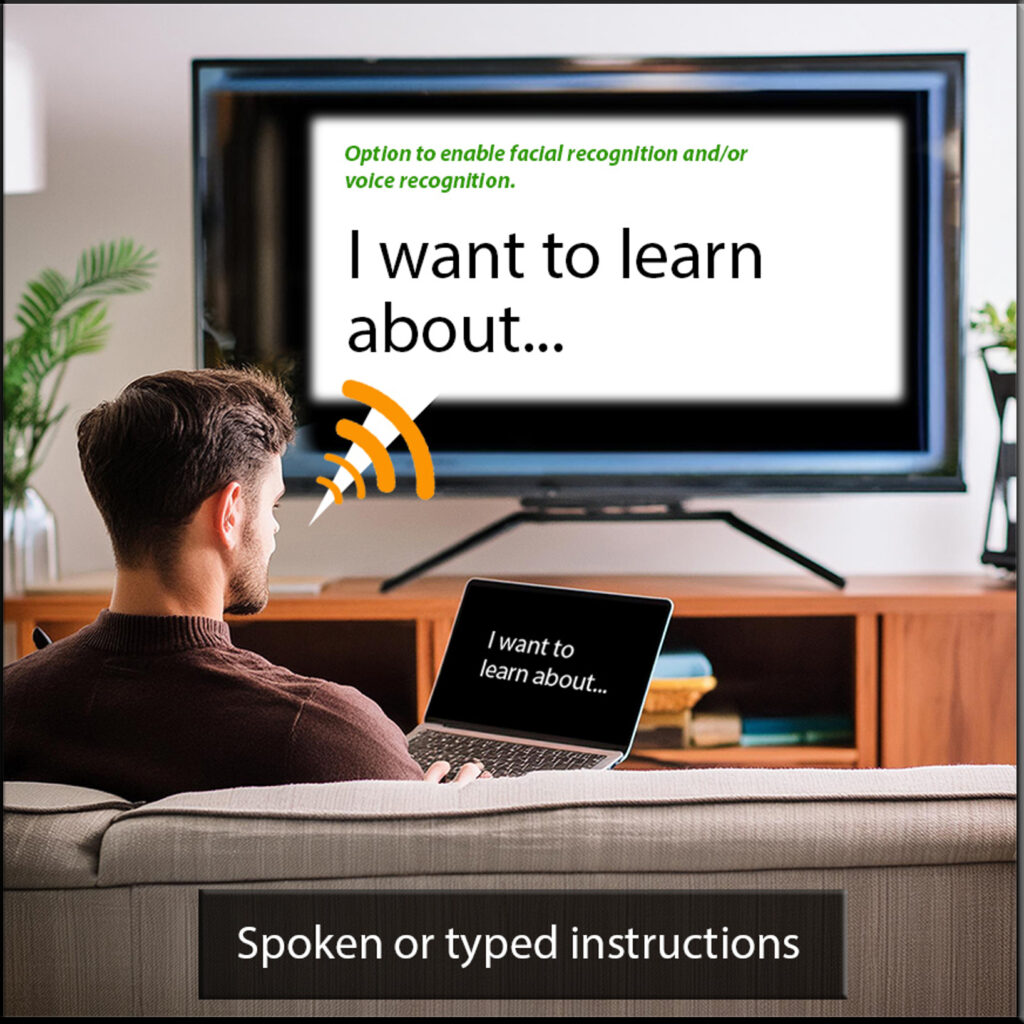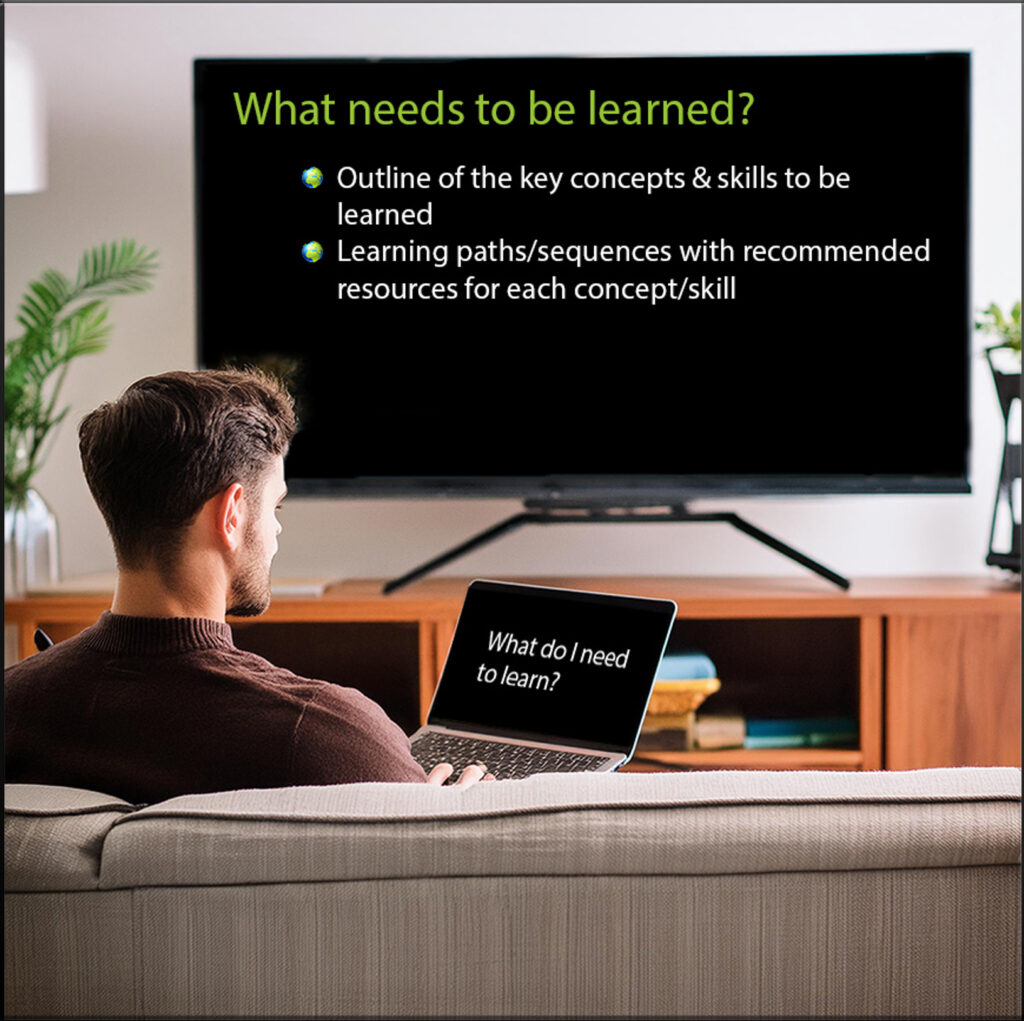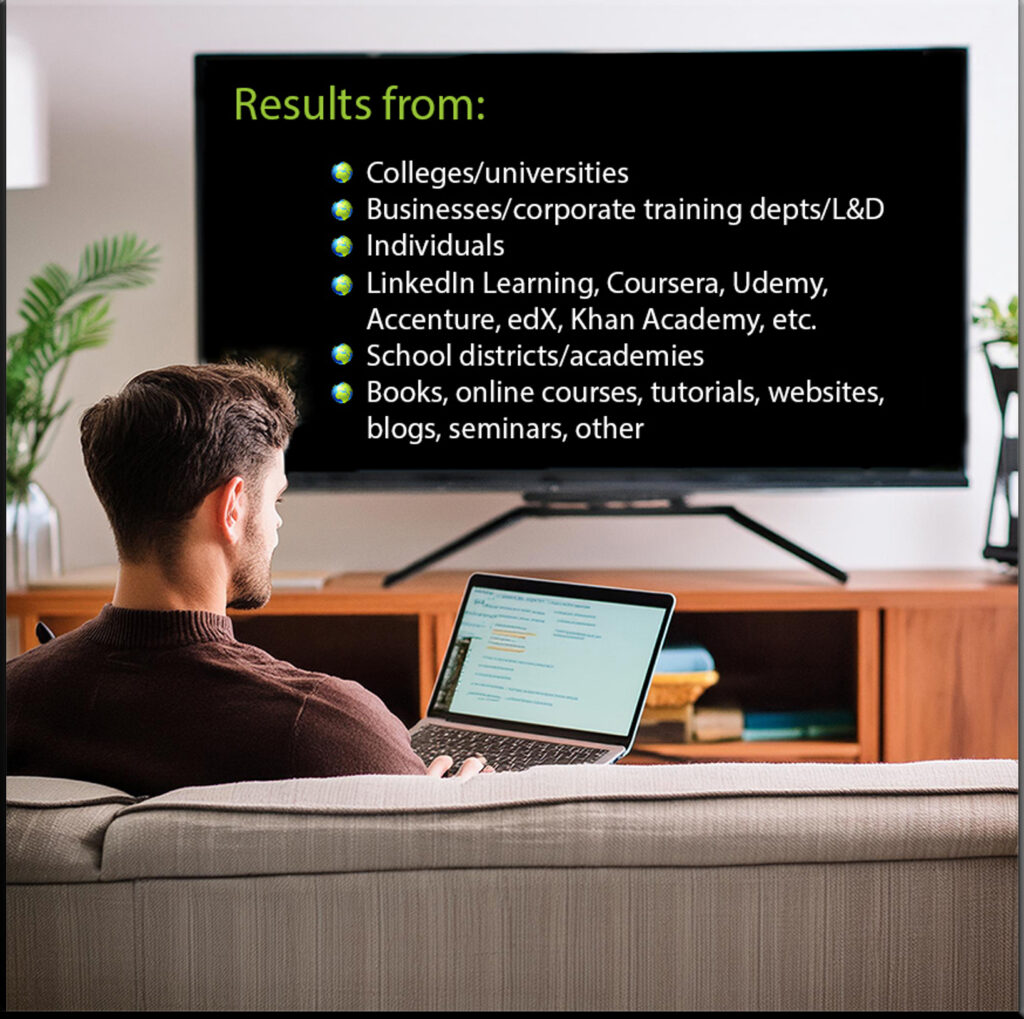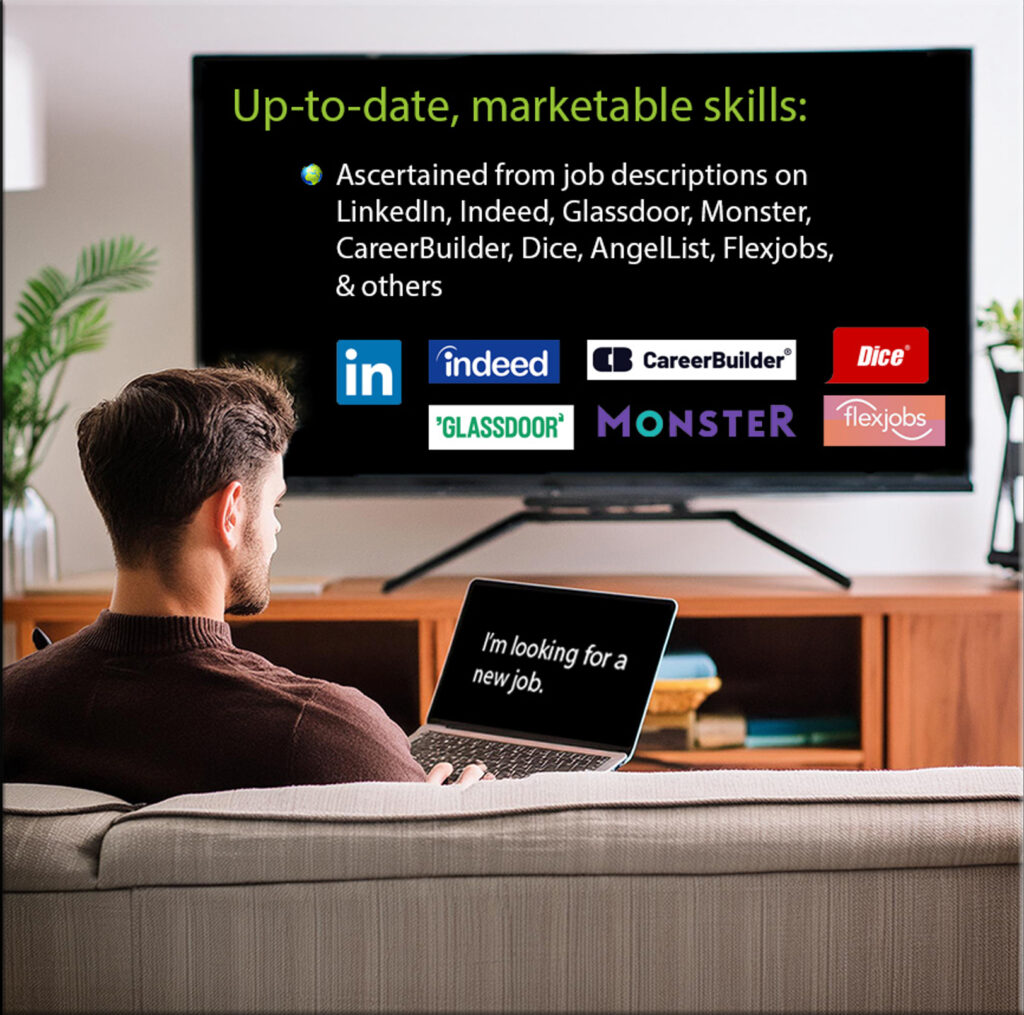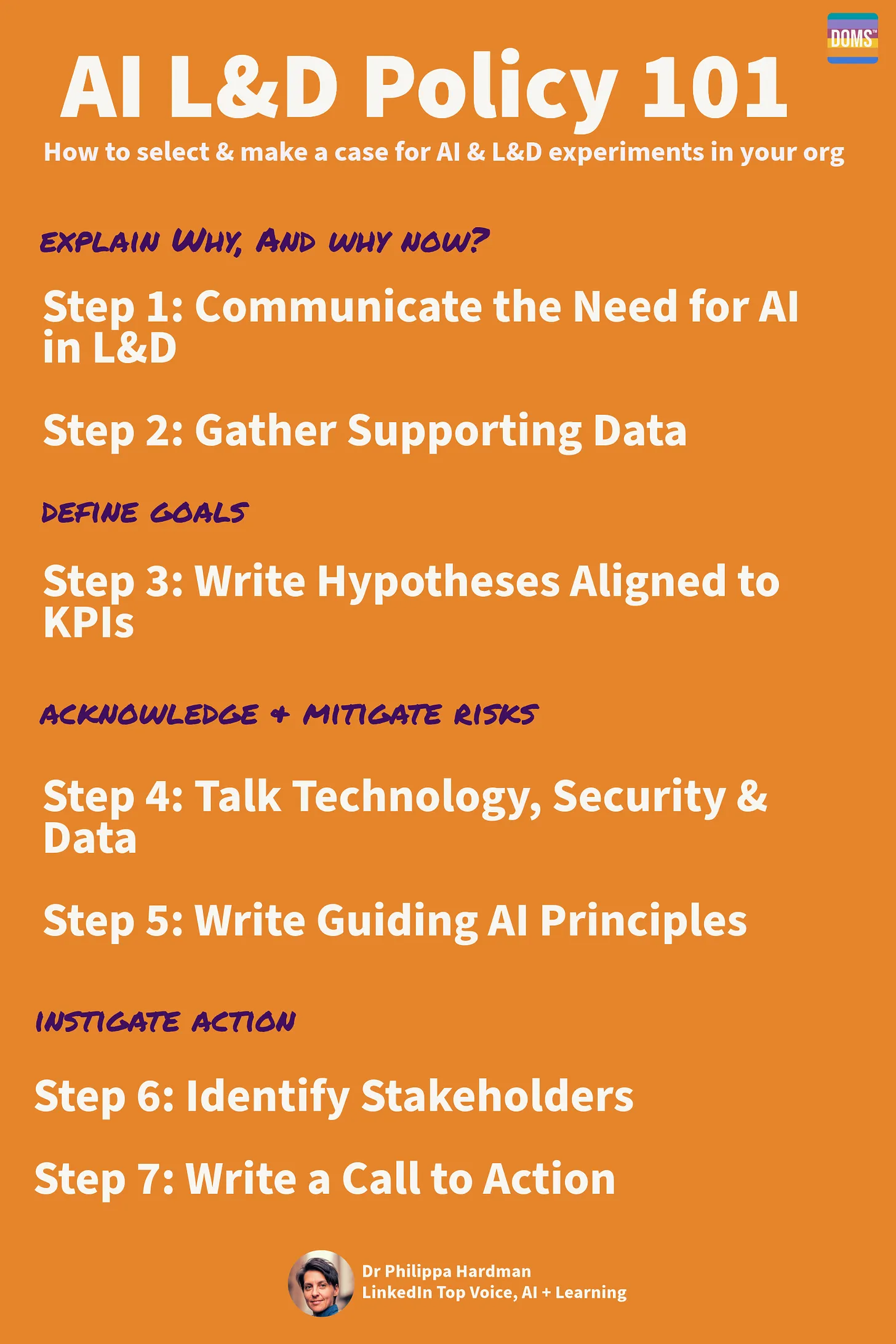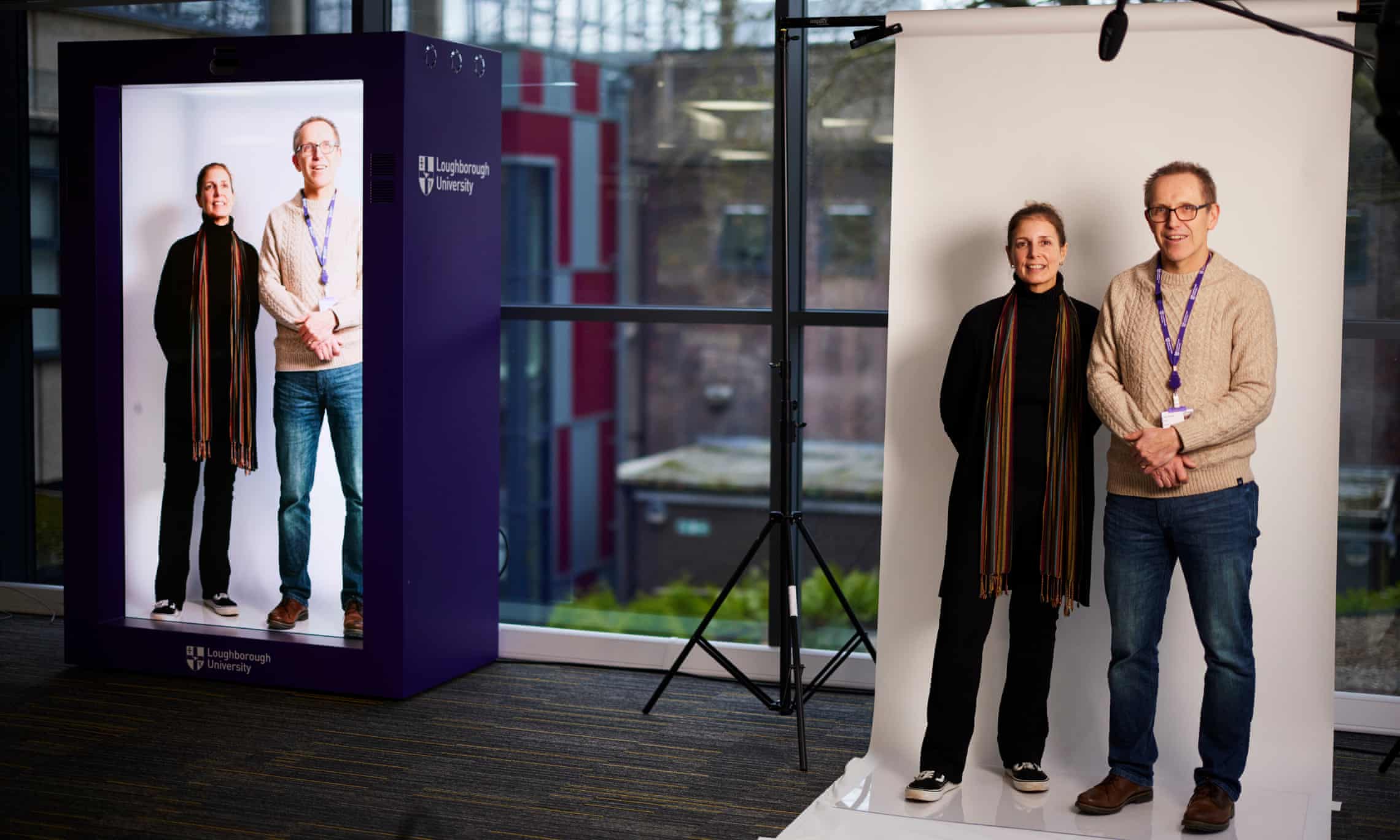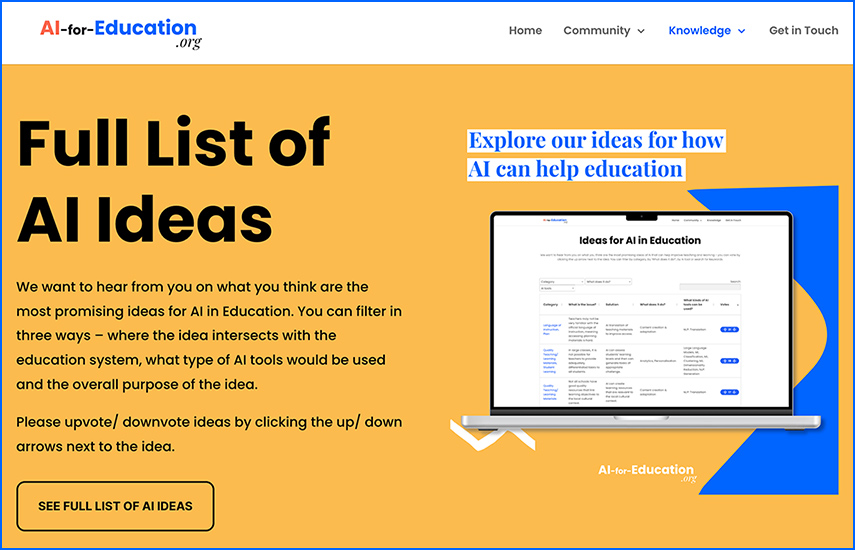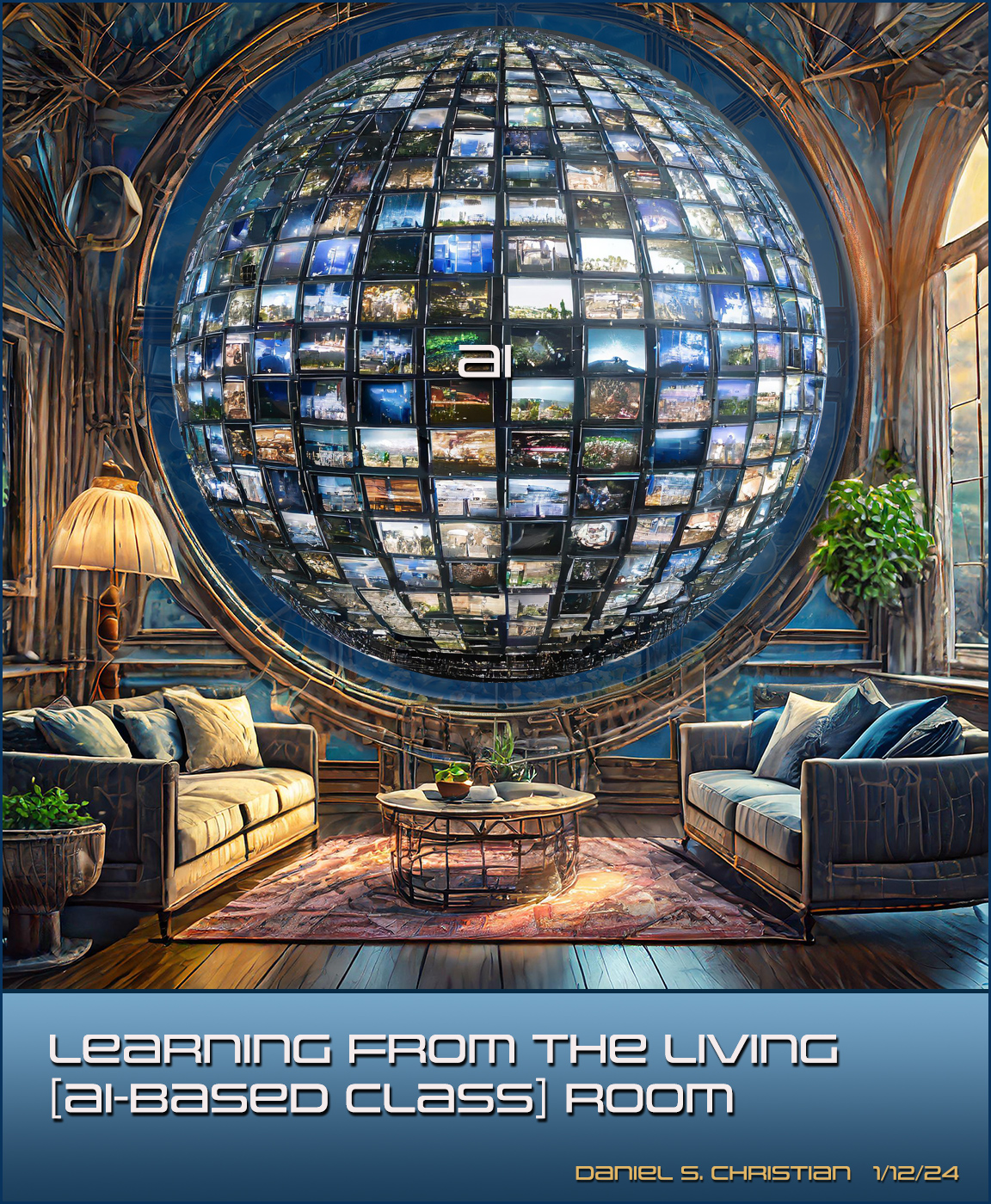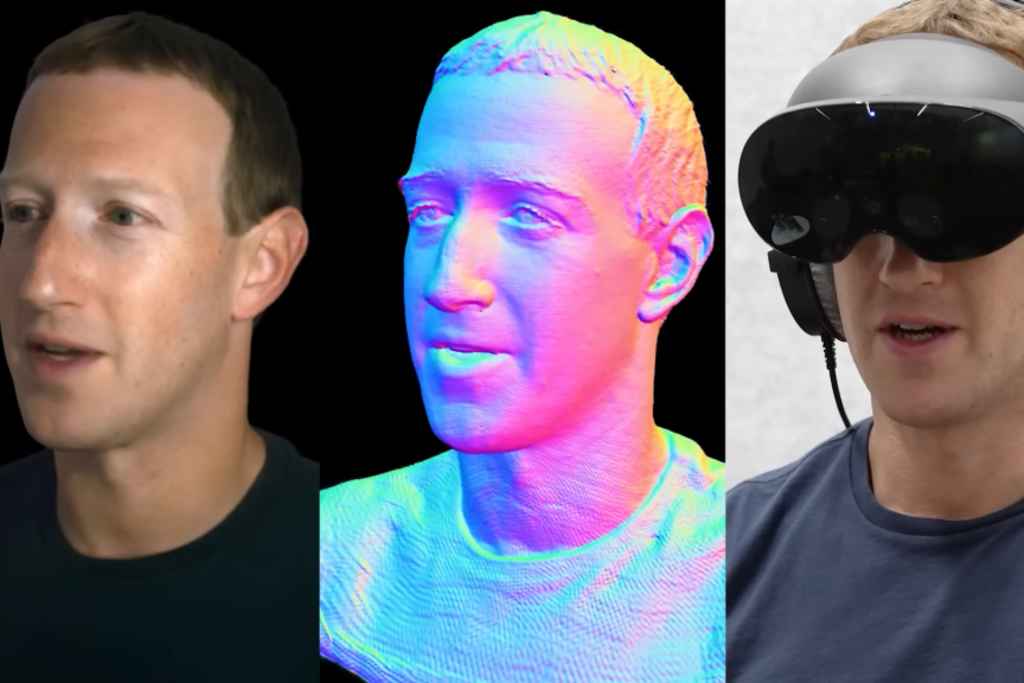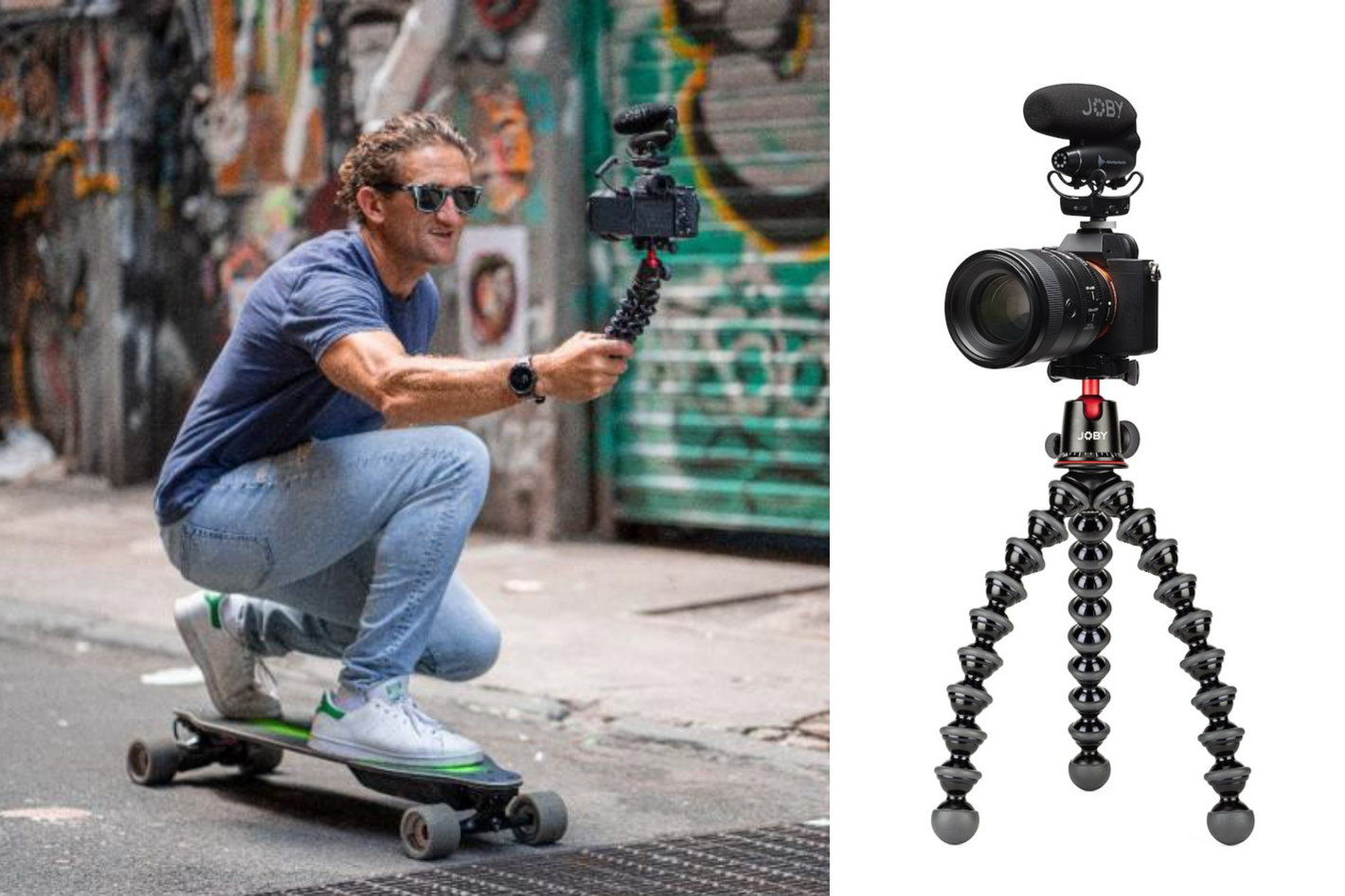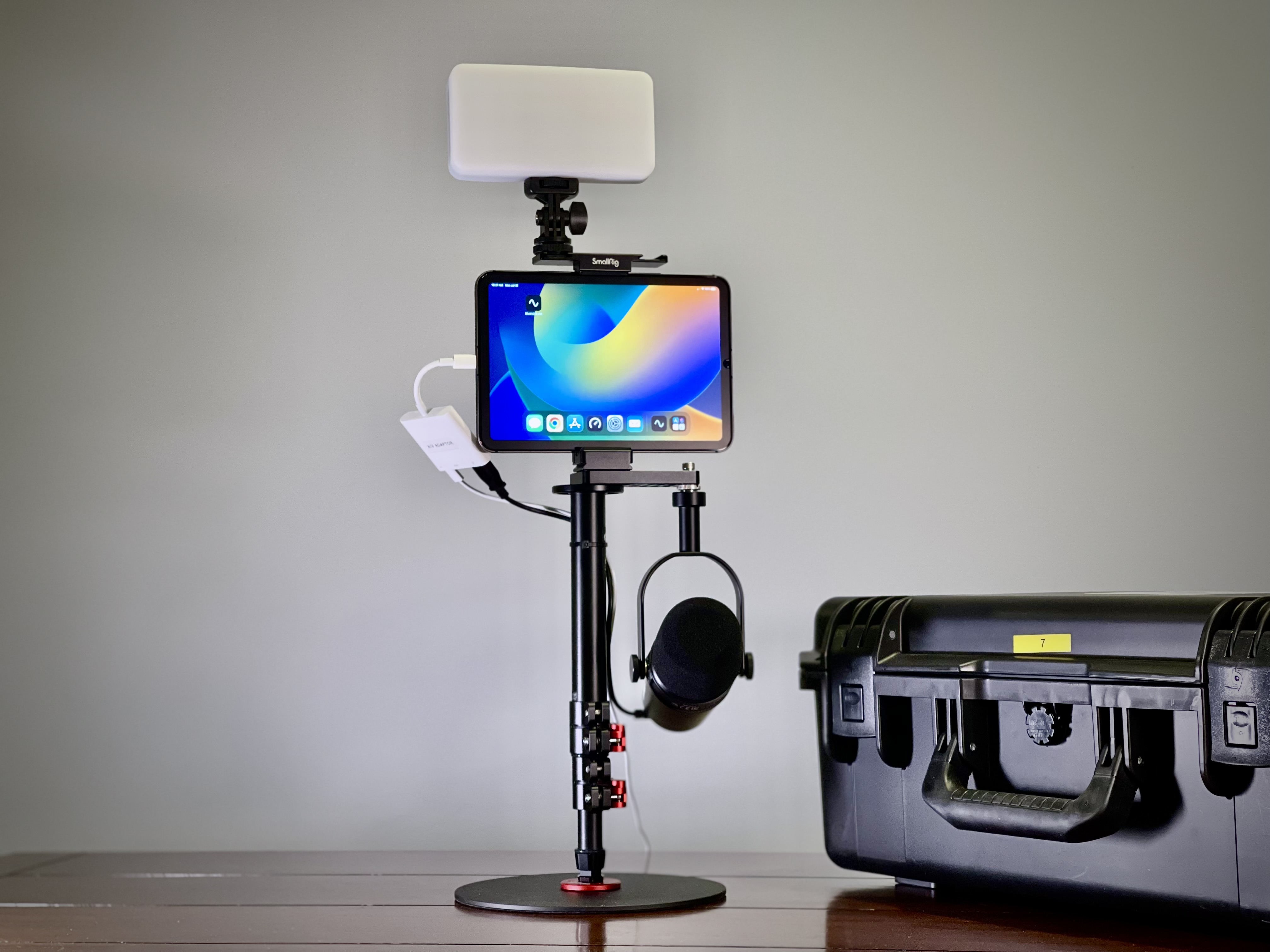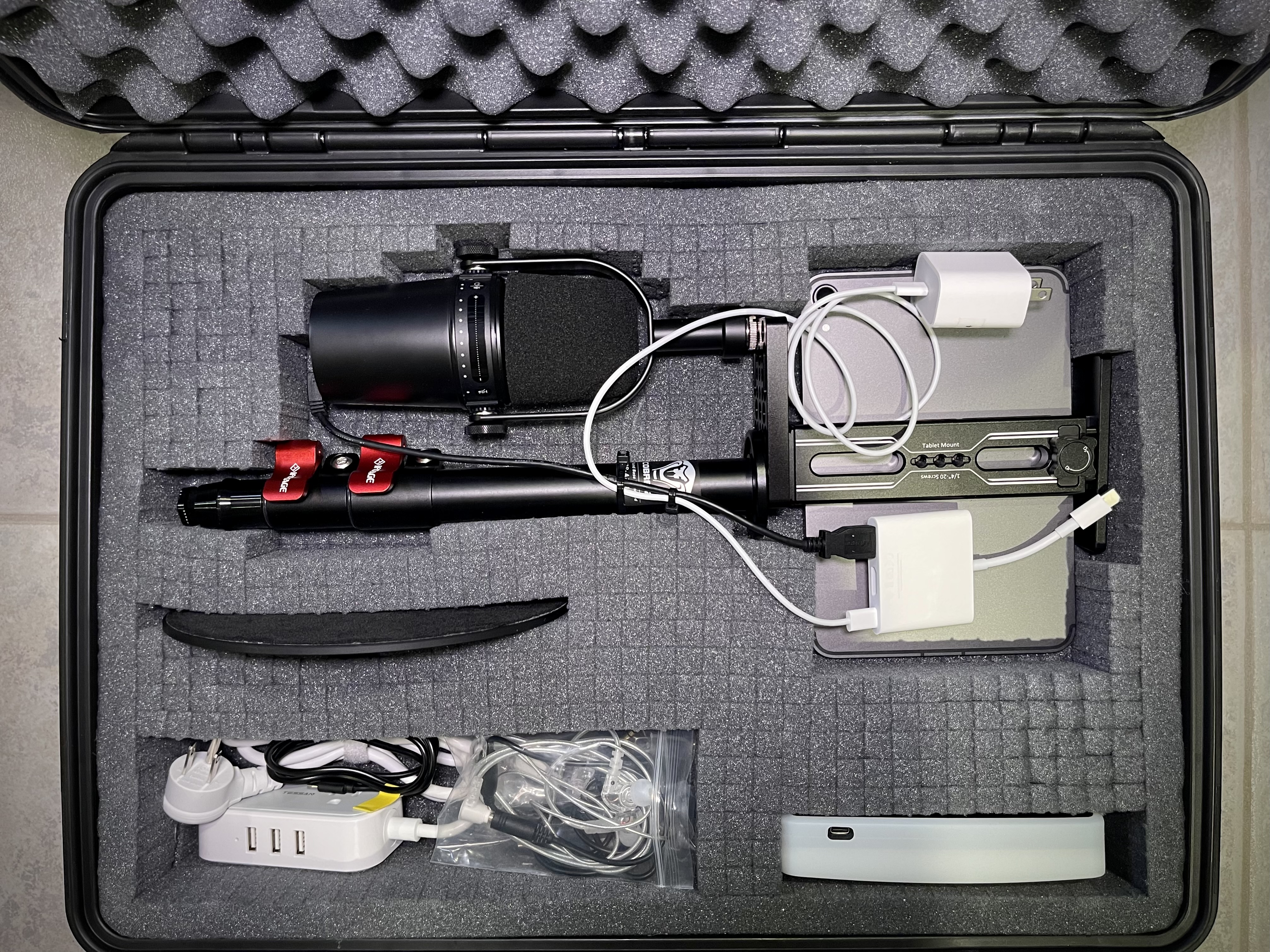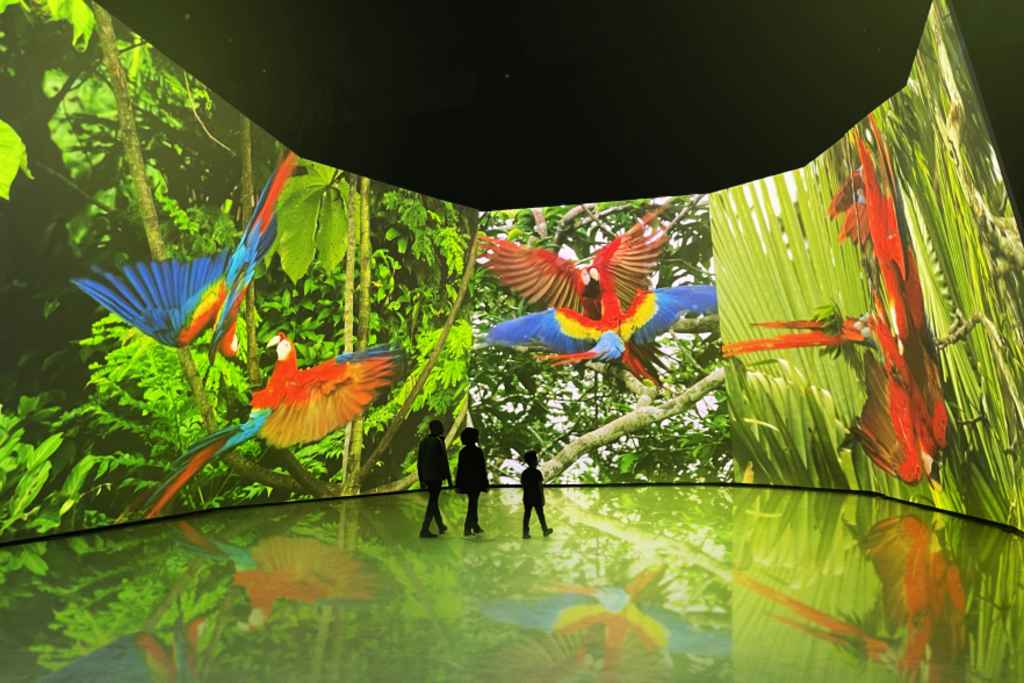Virtual Coaching Videos: Answering Your Questions — from catlintucker.com by Catlin Tucker
(Emphasis below by DSC — and I would like to thank Catlin and people like her who are sharing their knowledge — free of charge — as they help others learn and grow!)
I am excited to announce the launch of a new video series on YouTube called “Virtual Coaching.” I have the privilege of working with thousands of educators every year who are expanding their teaching toolboxes to include blended learning models, UDL, and student-led instructional strategies. I understand how challenging it can be to shift practice. I encourage the educators I work with to reach out if they hit bumps, have questions, or need support as they implement new instructional models. Every year, I field hundreds of questions from the educators I work with and people who read my blog or listen to my podcast.
Having a reliable resource to ask questions and receive timely, practical responses when trying something new is crucial. That’s the goal of my new video series, “Virtual Coaching.” I want to answer your questions, tapping into my experiences and resources as a teacher, coach, and professional learning facilitator. I hope these videos will be valuable as you strive to design and facilitate engaging, effective, and equitable learning experiences.
Each virtual coaching video is designed to provide you with actionable advice that you can apply immediately. These videos cover various topics, including implementing new teaching strategies, overcoming classroom challenges, and exploring innovative ways to engage students. Time is a limited commodity, so I keep my videos short and sweet. The goal is to provide my community of educators with support, insights, and inspiration without overwhelming you or consuming too much of your time.
Also from Catlin, see:
Why Don’t We Trust Students? — from catlintucker.com by Catlin Tucker
As someone who regularly works with teachers on topics like blended learning, Universal Design for Learning (UDL), and student-led learning, one recurring theme I encounter is control. There’s a pervasive fear among educators when it comes to releasing control and allowing students to take more ownership and responsibility for their learning. This begs the question: Why don’t we trust our students? What is it that we really fear?
If we maintain all the control, we hinder our students’ ability to develop the essential skills they will need in the future. The rapidly changing demands of the workplace and life require individuals who are self-motivated, adaptable, and capable of critical thinking and problem-solving. By not allowing students to take more responsibility for their learning, we risk leaving them unprepared for these future challenges.
From DSC:
This item re: control makes me think of this graphic, which readers of this blog will recognize.











